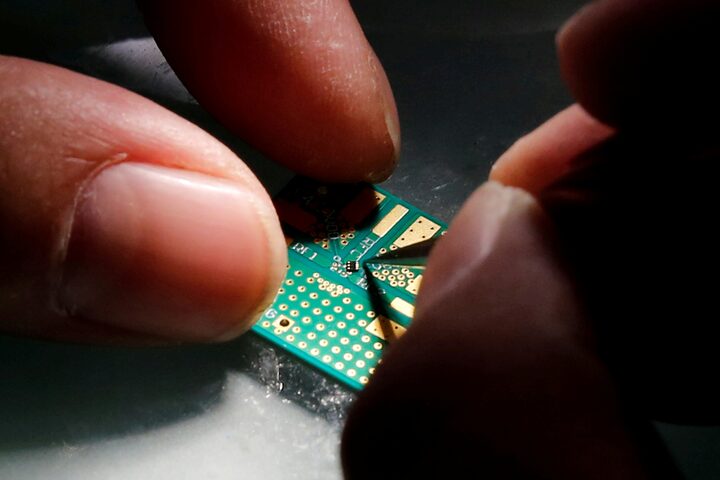
With the HIT-30 program, Türkiye is positioning itself as a production hub for next-generation energy vehicles, battery and chip technologies, solar cells, and wind turbines. By 2030, $30 billion will be allocated to high-tech sectors, signaling a major shift in the country's industrial strategy.
Fatih Ozsoy, General Manager of Teknopark Istanbul, emphasized the program's importance, particularly in advancing Türkiye's chip production capabilities—a critical component for deep technology solutions.
He described the HIT-30 High Technology Investment Program as a pivotal move toward technological independence.
The HIT-30 program consists of six key initiatives: HIT-Electric Vehicles, HIT-Battery, HIT-Chip, HIT-Solar, HIT-Wind, and HIT-R&D. These initiatives aim to establish Türkiye as a leader in high-tech production by 2030.
The program will provide $30 billion in resources, including tax incentives, grants, and market development support. The HIT-Chip initiative, with a $5 billion budget, focuses on enhancing semiconductor production, aiming to produce chips at 65 nanometers and below, which will strengthen Turkiye's industrial competitiveness and reduce reliance on foreign technology.
Ozsoy highlighted that the HIT-30 program aspires to make Türkiye a global high-tech center by 2030. He noted that previous chip investments in Türkiye had been insufficient, but this program represents a significant step forward.
He anticipates that government support will lead to strong momentum in domestic chip production, resulting in reduced dependence on foreign technology and positioning Türkiye as a key player in the global tech market.
Additionally, increased domestic chip production will lower production costs, boost international competitiveness, and support technology exports.
In terms of economic impact, Ozsoy pointed out that high-tech investments, particularly in chip production, will create new employment opportunities and develop a skilled workforce.
This expansion in the tech sector will enhance Türkiye's global competitiveness while reducing dependency on foreign technology. The increased domestic production will not only cut costs but also contribute to reducing the current account deficit in the medium term.